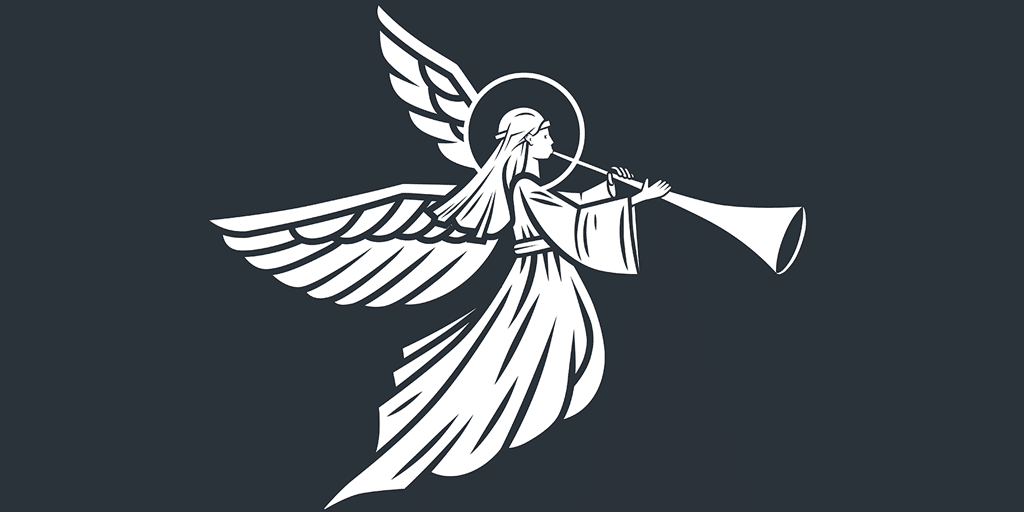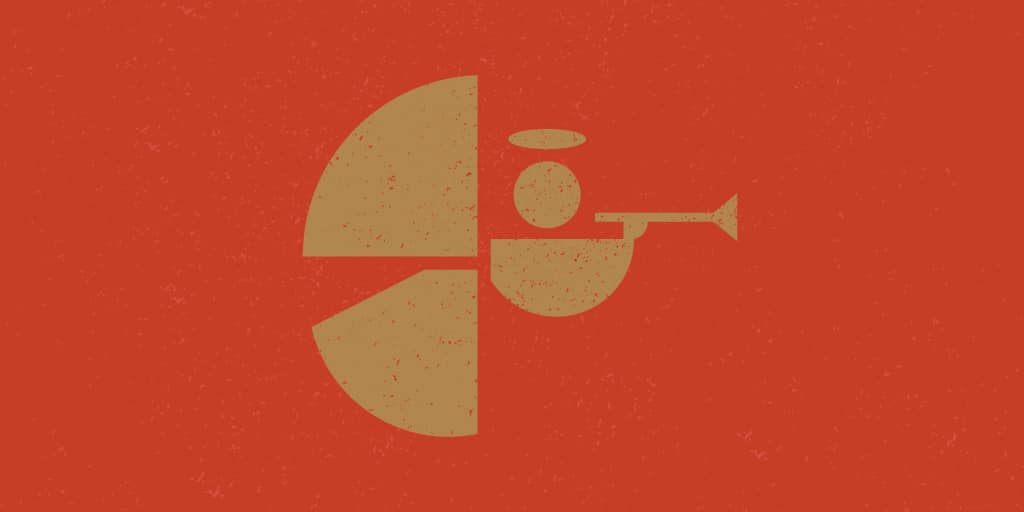Can There be Two “Last Trumps”?

According to 1 Corinthians 15, “the last trump” will be sounded and then, according to Matthew 24, there will be the sound of a great trumpet when the Lord Jesus comes out of Heaven in His glorious Second Coming.
Some say, look, you obviously have a trumpet blown at the Rapture. It’s the trump of God. It’s the “last trump”. And you obviously have a trumpet being blown at the Second Coming of Christ after the Tribulation Period; therefore, the Rapture and the Second Coming must take place at the same time. And if it’s the “last” trump at the Rapture, which is what 1 Corinthians 15 says, then this has to be at the Second Coming of Christ. It couldn’t be before, because if the Rapture is taking place before the Second Coming, and there’s a trumpet there which is supposedly the “last” trump, but then later on, maybe seven years later, you have a trumpet at the Second Coming of Christ, then how could the trumpet at the Rapture be the last trump when you’ve got a trump supposedly seven years later at the Second Coming of Christ?
Well, let me point something out to you with regard to this. Even the trumpet that will be blown at the Second Coming of Christ will not be the absolute last trumpet blown here on planet Earth.
When you go to Zechariah 14, we are clearly told there that during the Lord’s reign upon the earth—this would be during the future Millennial Reign—that the Feast of Tabernacles is going to be observed every year here on the earth. And we’re told in verse 16, “It shall come to pass that everyone that is left of all the nations which came against Jerusalem shall go up from year to year to worship the King, the Lord of Hosts, and to keep the feast of tabernacles. It shall be that whoso shall not come up of all the families of the earth unto Jerusalem to worship the King, the Lord of Hosts, even upon them shall be no rain.” And He goes on to indicate that, verse 18, “if the family of Egypt go not up and come not that have no rain, there shall be the plague wherewith the Lord shall smite the heathen that will not come up to keep the feast of tabernacles,” indicating that every year throughout the Thousand Year Reign of Messiah upon the earth the people of the world will be required to observe the Feast of Tabernacles.
Now, when you study what’s involved with the Feast of Tabernacles, you have the blowing of trumpets in the Feast of Tabernacles. This means therefore you will have the blowing of trumpets every year throughout the Thousand Year Reign of Christ.
So even the trumpet that’s blown at the Second Coming of the Lord will not be the absolute last trumpet that’s blown on planet Earth. Therefore, you cannot equate, automatically, the trumpet at the Rapture with the trumpet of the Second Coming of Christ.
Then, why is the trump of the Rapture called “the last trump”? Well, it’s not indicating the absolute last trump; it has another significance to it and there’s several possibilities with regard to this.
For one thing, it’s interesting that Paul refers to the last trump in 1 Corinthians 15. In the immediately preceding chapter, 1 Corinthians 14, he refers to the blowing of a trumpet, and there he’s referring to a military trumpet. And in light of that, it would appear that he has military trumpets in mind when he’s writing 1 Corinthians 15. So it could very well be that when he refers to the last trump which will be blown at the Rapture, he has a military trumpet in mind.
What’s the significance of that? When you study the Roman army and some of the Greek armies and even the Jewish army back in Bible times, when they went into war, they had a “last trump” that would be blown that would tell the fighting men, “Your time of fighting is over. It is time for you to go home and rest”—a last trump that ended their time in the warfare.
By analogy, the Scriptures teach that Christians today are involved in a spiritual war while they live out their lives in this present age, in this present world. When the Rapture takes place and the trumpet is blown at that time, that will be a signal to them that their part in the warfare is over; their fighting in this present age is done in this spiritual war. It is time for them to go home to be with the Lord and rest together with Him in Heaven.
In addition, when you read the use of trumpets in the military of the ancient world, particularly with the Romans, they had a first trump that signaled when a man was to start his watch on guard duty. But then they had a “last trump” which signaled that his time on guard duty was over and again it was time for him to go home. In other words, before that last trump he’s on watch; he’s watching, watching, watching to be on guard. But when the last trump is sounded, that tells him his watching is done, he can go home.
Scriptures also teach that while Christians are living in the world in this present age, we are to continually be watching, watching, watching and the idea again could be that when the Rapture takes place and that trumpet is sounded, it’s a signal to them, “This is the last trump signaling that your tour of duty on the watch is completed and now it’s time for you to go home.”
So the expression “the last trump” there in 1 Corinthians 15, in conjunction with the Rapture, does not mean the absolute last trump in a sequence, but it is tied in apparently with military terminology back in Paul’s day. And the fact that Paul, when he mentions the last trump, doesn’t explain to the Corinthians what he meant by that indicates that they understood what he meant by “the last trump.”
And they were very familiar, being part of the Roman empire, with that terminology of “the last trump” as signals used for Roman soldiers, whether their fighting is done or their tour of duty on the watch is over for that day and so that would have a tremendous significance to them in light of those military uses of the day.
This article was written for The John Ankerberg Show by Dr. Renald Showers, ©2006.







